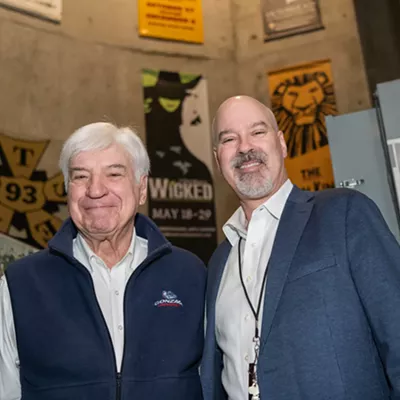A lot of history is déja vu — we seem to retread the same old human paths of folly and triumph. Great explorers, from Columbus to John Glenn, always reveal exciting new vistas; shortsighted chest-thumping has embroiled countless nations in bloody quagmires, from Verdun to Vietnam. We could pay more attention to our own past.
University of Texas historian H.W. Brands is hitting this cultural moment with his new book, American Colossus: The Triumph of Capitalism, 1865-1900. It’s a lively retelling of how fortunes were made in those days, and how it changed the nation — often for the better. But his subtext is compelling for the lessons it offers.
Looking to the “dual manifestos of 1776” — Thomas Jefferson’s Declaration of Independence and Adam Smith’s Wealth of Nations — he points out they “were also dueling manifestos.”
“Democracy depends on equality, capitalism on inequality,” Brands adds. “Tension between capitalism and democracy has characterized American life for two centuries, with one then the other claiming temporary ascendancy.”
So, now that we’ve been enlightened by such a relevant chapter in our history, where are we today on that pendulum’s swing?
America can’t decide. In fact, we’re seeing two different pendulums. Many think it’s swung way too far in favor of Jefferson’s humanistic vision — well into socialism, as the Tea Party signs say. But there’s also evidence it’s swinging way out into the realm of big money, as secret funding is again fueling political campaigns as it did over a century ago. Banks got bailed out two years ago, often dollar for dollar despite their fantasyland investments, which is clear proof that we’ve gone totally socialist … or that the corporations are calling the shots.
For further proof of corporate ascendancy here in Washington state, the pretense of direct democracy has been dropped regarding initiatives. Now any corporation — a minority interest — can write a check to get on the state’s ballot, then pay to flood the airwaves with confusing messages to rewrite laws to their liking.
While everyone is arguing over where that pendulum is — or how many pendulums there are — the real issue, as underlined by Brands’ new book, is that wild swings aren’t ideal. When in balance, the American invention of capitalistic democracy (or democratic capitalism) works for everyone. History teaches us that we should spend our energy trying to find that sweet spot in the middle.

























